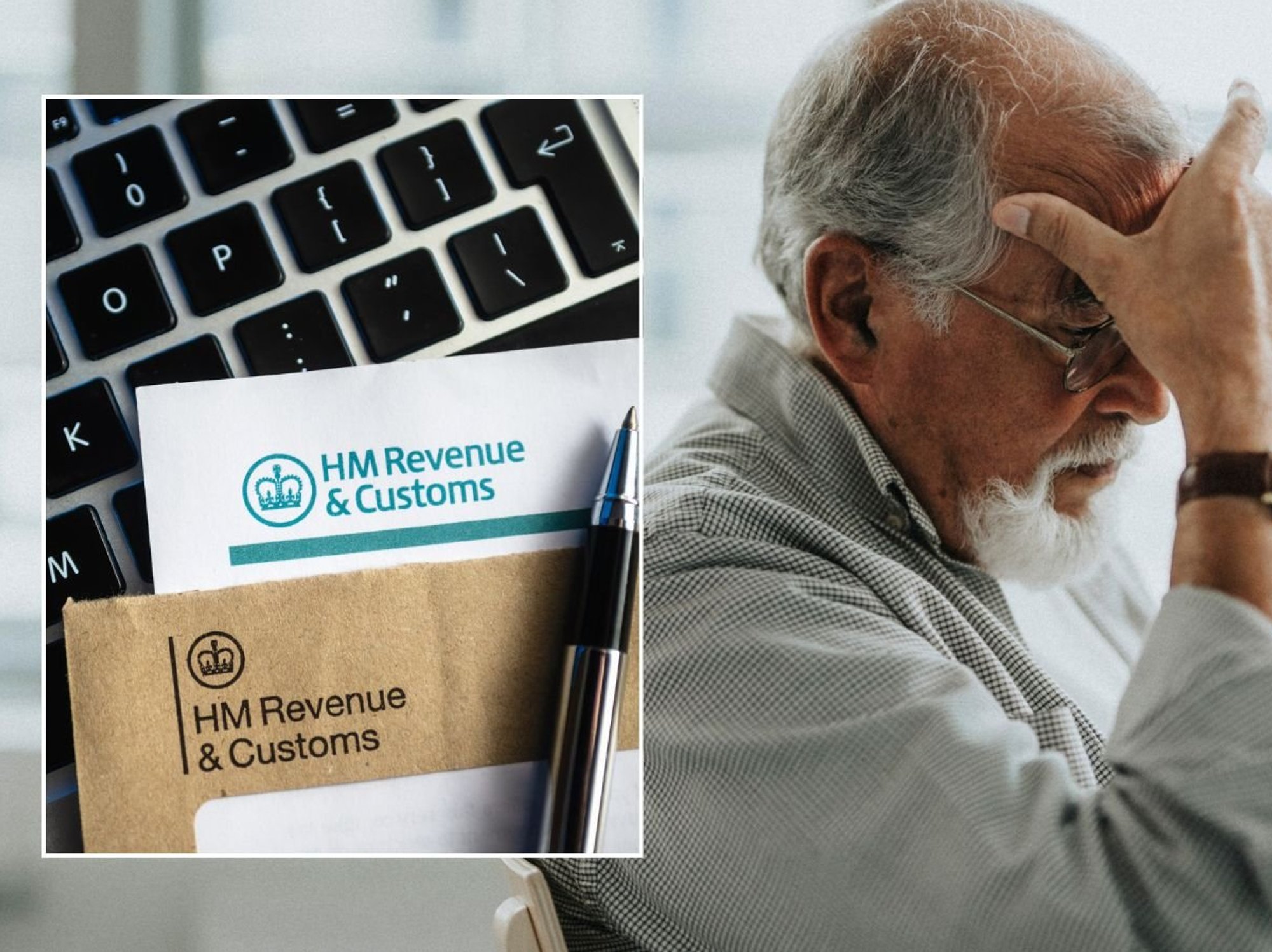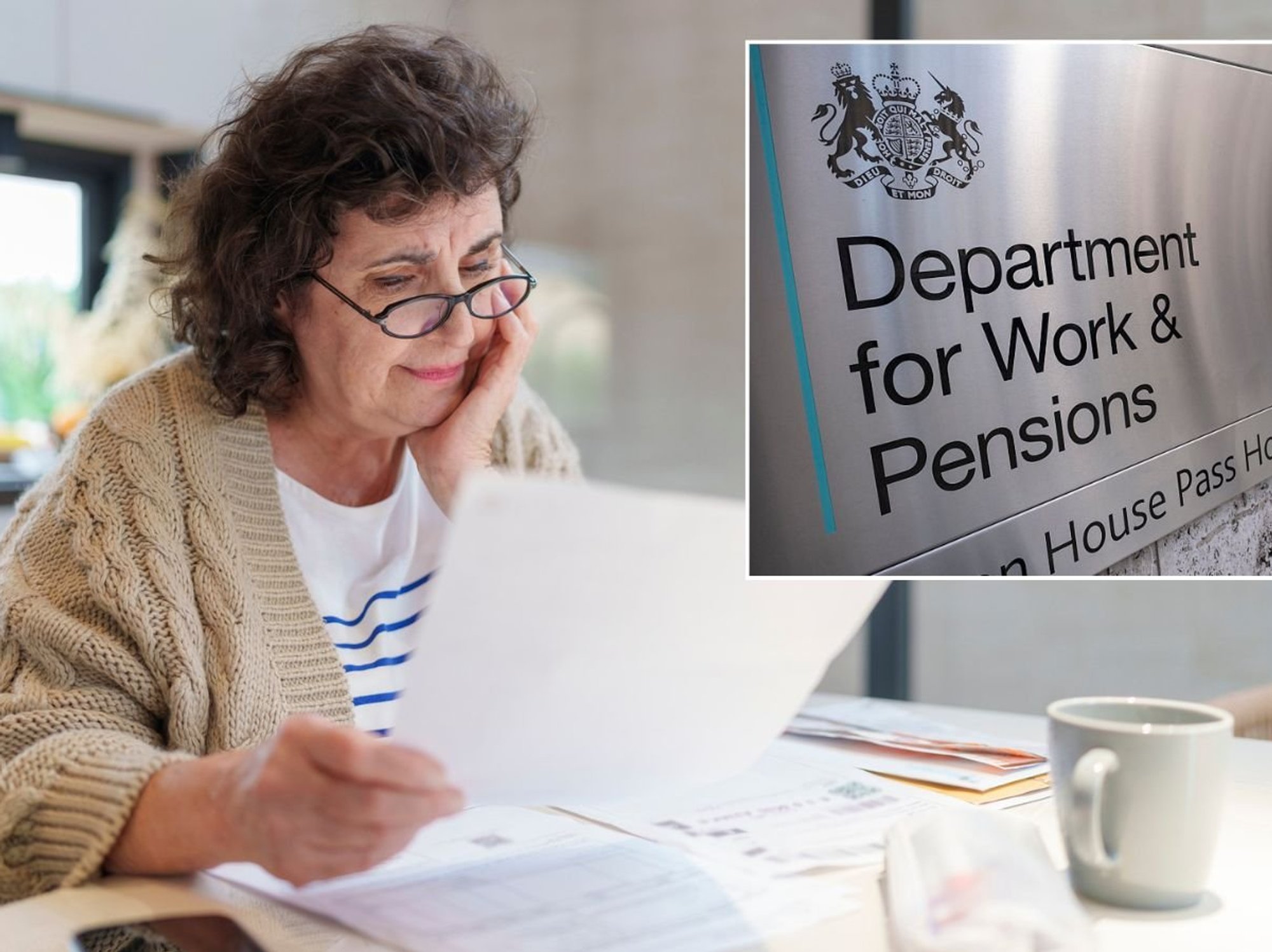DWP overhaul to plunge 50,000 Britons into poverty under Universal Credit changes, MPs warn Labour
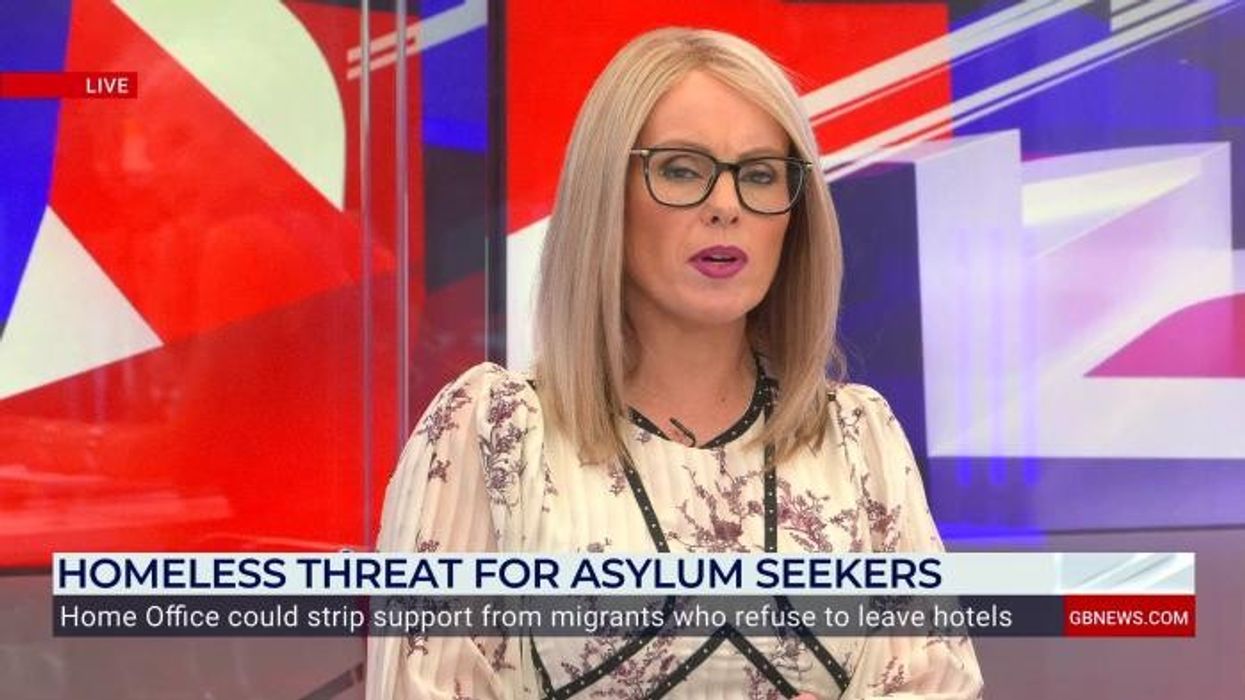
Dewbs fumes at asylum seekers getting benefits |
GB NEWS

Labour is making drastic changes to the support provided by Universal Credit
Don't Miss
Most Read
The Labour Government's proposed overhaul to the Department for Work and Pensions (DWP) will still plunge 50,000 households on Universal Credit into poverty despite a recent U-turn from ministers.
A cross-party group of MPs is sounding the alarm that looming cuts to heath element linked to the primary benefit payment for those out of work will exacerbate the cost of living crisis for thousands.
The Work and Pensions Committee is urging Prime Minister Keir Starmer's Government to delay this change to eligibility criteria for Universal Credit's health element until the reforms are better understood.
As part of Labour's welfare bill, which recently passed its final stage in Parliament, around 750,000 Britons are set to miss out on thousands of pounds in benefit support annually.
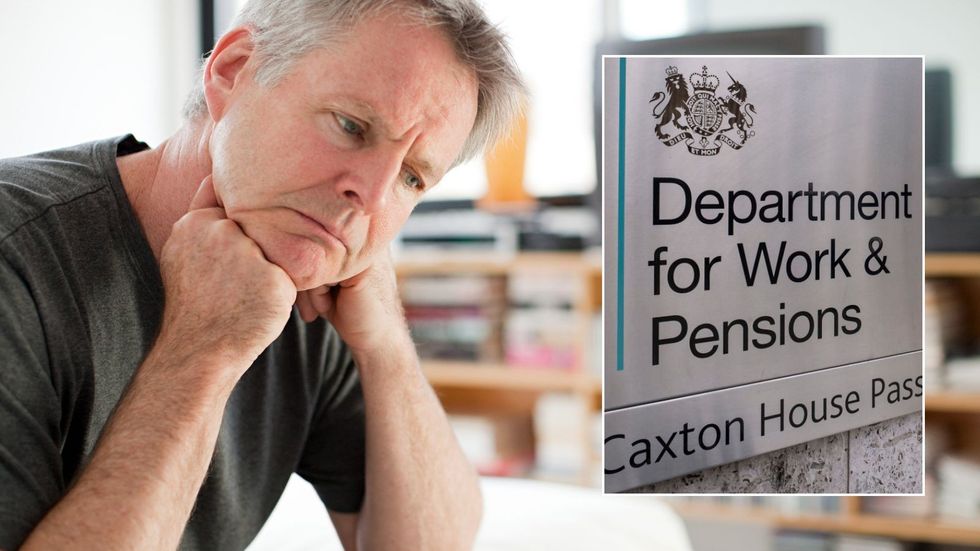
Britons are expected to be pushed into poverty under the looming welfare changes
| GETTYUnder the limited capability for work and work-related activity element for Universal Credit payments, claimants are currently entitled to receive more than £400 a month.
However, with the stricter benefits regime set to be in place, this amount will now be cut in half for new benefit claimants. New claimants under the age of 22 will no longer be entitled for the health element at all.
Thanks to concessions lobbied for by MPs, current claimants of the Universal Credit's health element will not be hit by the payment cuts.
As well as this, the Government has postponed reform to disability benefit support via Personal Independence Payments (PIP) until a review is carried out.
Do you have a money story you’d like to share? Get in touch by emailing money@gbnews.uk.
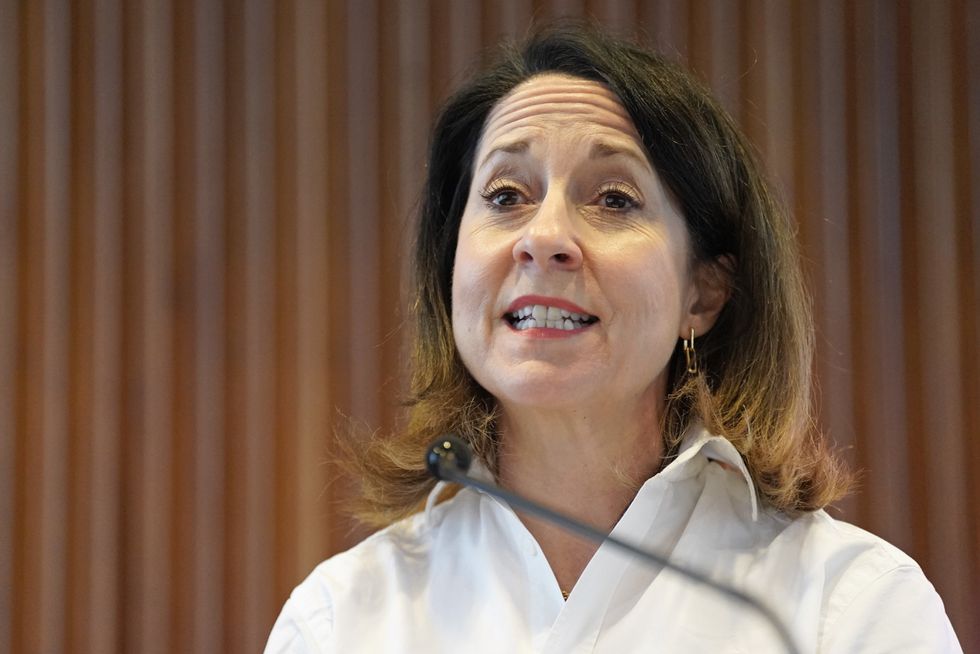 DWP minister Liz Kendall has spearheaded drastic reform to the welfare system | PA
DWP minister Liz Kendall has spearheaded drastic reform to the welfare system | PA Despite these concessions, Debbie Abrahams, the chair of the Work and Pensions Committee, said: "There are still issues with these welfare reforms not least with the cut in financial support that newly sick and disabled people will receive."
Notably, analysis from the Government suggests that around 50,000 people who develop a health condition or become disabled, and those who live with them, will fall into poverty by 2030.
This claim places blame on disabled Britons being pushed into poverty on the changes to Universal Credit, which will come into effect from next April.
The projected spike in the number of people in poverty will come despite the increase in the standard rate of Universal Credit by £7 weeklt.
While welcoming this payment rate hike, the Work and Pensions Committee shared its concern that many people with severe health conditions will not be supported despite meeting the severe condition criteria.
MPs also cited there has been no full impact assessment report on how the cuts will impact the NHS or the labour market.
LATEST DEVELOPMENTS:
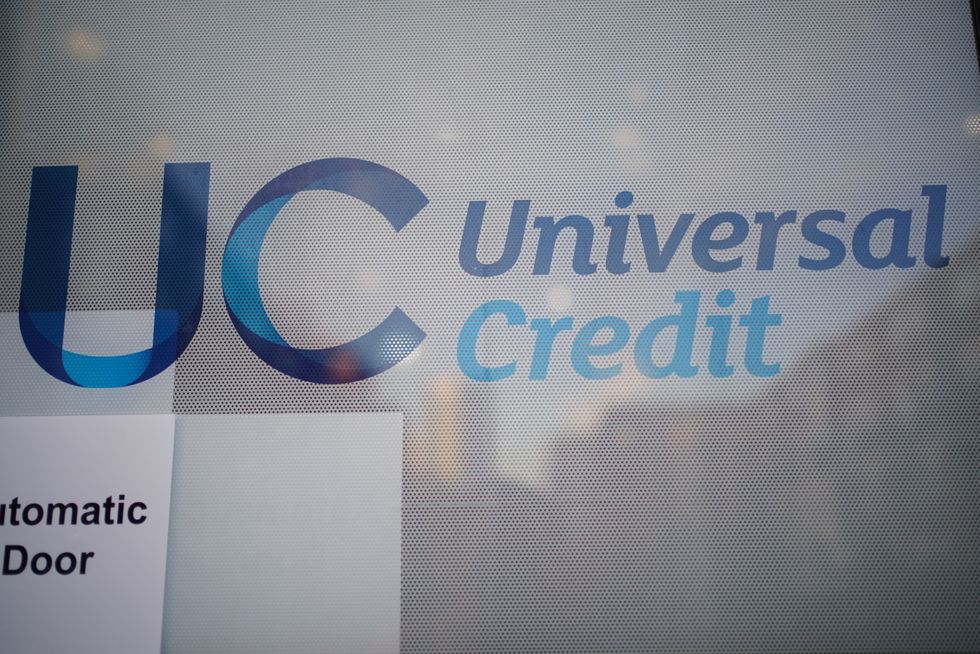 Universal Credit is the primary benefit administered by the DWP | PA
Universal Credit is the primary benefit administered by the DWP | PAAs part of its recommendations, the committee has suggested a delay to the health element of Universal Credit changes until the Government has "carried out an independent and comprehensive assessment of the impact the change could have on disabled people".
A DWP spokesperson said: "Our welfare reforms will support those who can work into jobs and ensure there is always a safety net for those that need it."
The spokesperson cited that additional employment support will “lift even more families out of poverty" and that reforms will “rebalance universal credit rates to reduce the perverse incentives that trap people out of work”.
More From GB News









